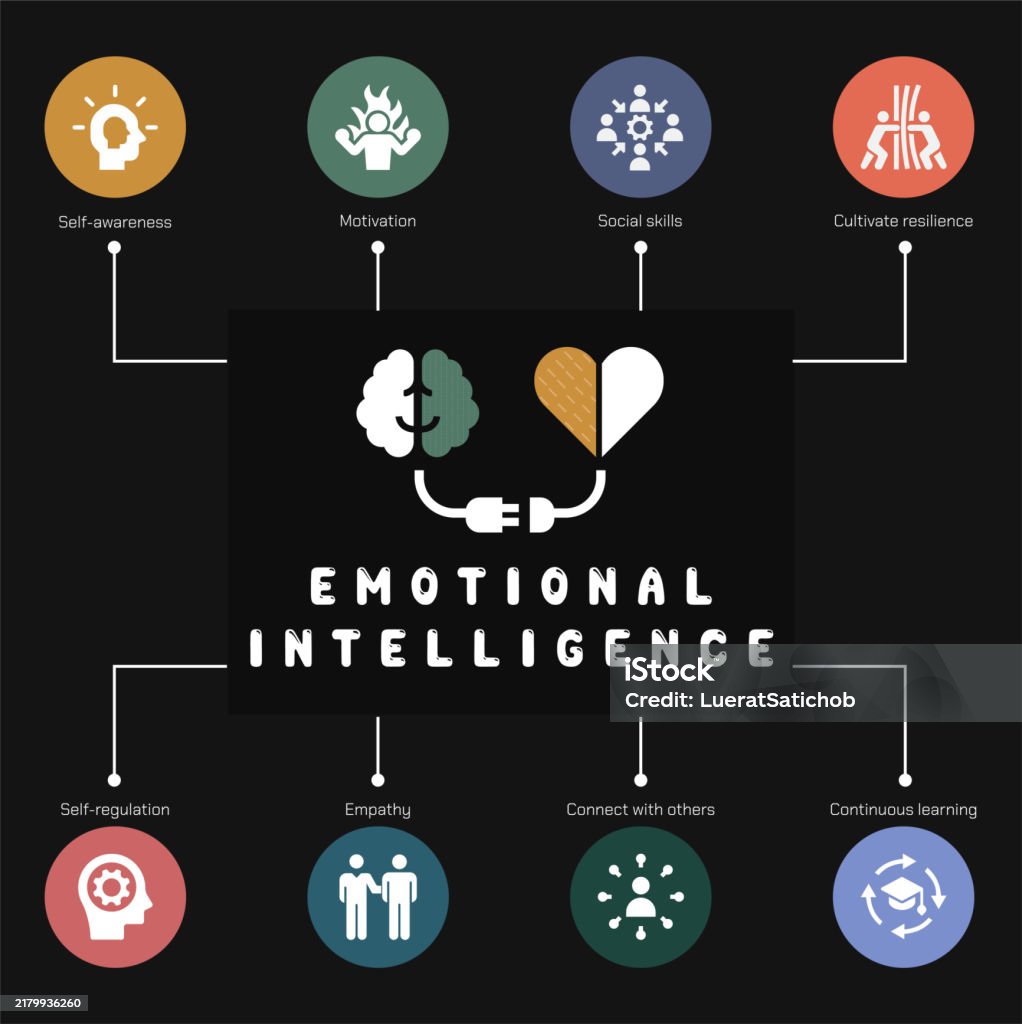Outsmarting others does not necessarily mean hoodwinking or deluding them; instead, it involves using strategic thinking, emotional intelligence, and effective communication to obtain an advantage in various situations. Here are some key guidelines to enhance your capacity to outwit people in a constructive and ethical manner.
1. Foster Emotional Intelligence
Emotional intelligence (EQ) is the aptitude to understand and manage your own emotions while recognizing the emotions of others. Here is how to leverage EQ:
Empathy: Put yourself in others’ shoes. Understanding their feelings and being aware of, being sensitive to, and vicariously experiencing the feelings, thoughts, and experience of another, can provide your insight into their thoughts and decisions.
Self-regulation is the ability to understand and manage your behavior and your reactions to feelings and things happening around you while remaining calm under pressure in order to take decisions wisely that serves at your interest.

2. Boost Your Critical Thinking Skills
Critical thinking helps you to analyze situations and information effectually. To advance this skill:
- Question assumptions: Always ask why things are the way they are. Challenging status quos can divulge opportunities for strategic advantage.
- Appraise evidence: seek for factual support or data when shaping opinions or taking decisions. This will help you make better and well-informed choices.

3. Get hang of the Art of Persuasion
Persuasion is a skill set that involves convincing your listener to agree with your point of view or idea. Moreover, when you persuade someone, you encourage him or her to take action. That is the key difference between convincing and persuading someone. When you convince them, they firmly believe in what you have said. Moreover, when you persuade them, you use logical argumentation to compel them to do something. Key techniques include:
Building rapport: Building rapport is about driving a meaningful connection between you and another person. It is not enough to feign interest—instead, practice openness and honesty in order to establish mutual trust. Building rapport goes beyond using specific techniques; it is about applying higher-level concepts that strengthen your interpersonal skills in both personal and professional settings.
Using persuasive language:
Persuasive language is the language being used when convincing others for something. It can be seen and heard around you every day. Persuasive language can be employed when you want others to believe your viewpoints and conclusions, accept your facts, and get someone to take a certain action. It can be done verbally, nonverbal, or even written.

4. Be on guard and Adaptable
Being conscious of your surroundings can help you to identify and notice changes in dynamics can give you an extensive advantage.
- Read body language: Non-verbal signals often impart more than words. Pay attention to gestures, facial expressions, and tone of voice to assess how others feel.
- Be flexible: Acclimate your approach based on the situation or feedback you acquire. If something is not working, be willing to change tactics swiftly.

5. Devote into Continuous Learning
Continuous learning is the ongoing expansion of knowledge and skill sets. In the context of professional development in the workplace, it is about developing new skills and knowledge while also reinforcing what has been previously learned. More over seeking and gaining extra knowledge is benefit and power, staying informed can give an edge.
- Stay curious: Curiosity is an essential part of human survival, happiness, health and relationships. It`s imperative to seek out and learn new information as possible weather formal education and self-learning such as reading books and searching answers for questions that pop u in your mind frequently. Our mind is capable of making daily discoveries and connections that will enrich your life and the work you do as well. When you feel your mind is straying from your natural inclination to be curious ask why.
- Network with diverse groups: Professional relationships, like all interpersonal connections, tend to form between individuals who are similar to each other. In addition, having a fixed belief that relationships tend to develop spontaneously can inhibit one from reaching out and building diverse relationships. Embracing a growth mindset — believing that relationships can be cultivated through effort — can pave the way for boundary spanning networks. The networks are critical for fostering innovation and creativity. Connecting with diverse groups and people can facilitate gaining opportunities of work, motivation and hints of information and innovative ideas.
- 6. Embrace Collaboration over Competition
Collaboration offers a multitude of benefits that competition simply cannot match. When you work with someone who is smarter or more skilled than you in a particular area are, you have the chance to learn from him or her. By their insights, experiences, and expertise, they can broaden one’s understanding and, at the same time, grow personally and professionally.
Besides, cooperating with others allows people to rely on each other’s strengths, making things somewhat lighter and ultimately much success-oriented. More can be done by combining forces and focusing on the set goals than could ever be done alone.

Final thought
It is not just about being smart; it is about understanding human behavior, effective communication, and strategic thinking. Emotional intelligence, critical thinking, persuasion skills, observation skills, knowledge, and a willingness to work together can help you with social interaction. After all, the main goal should be to create mutual understanding and respect so that a win-win situation can be achieved for everyone.
Top of Form

